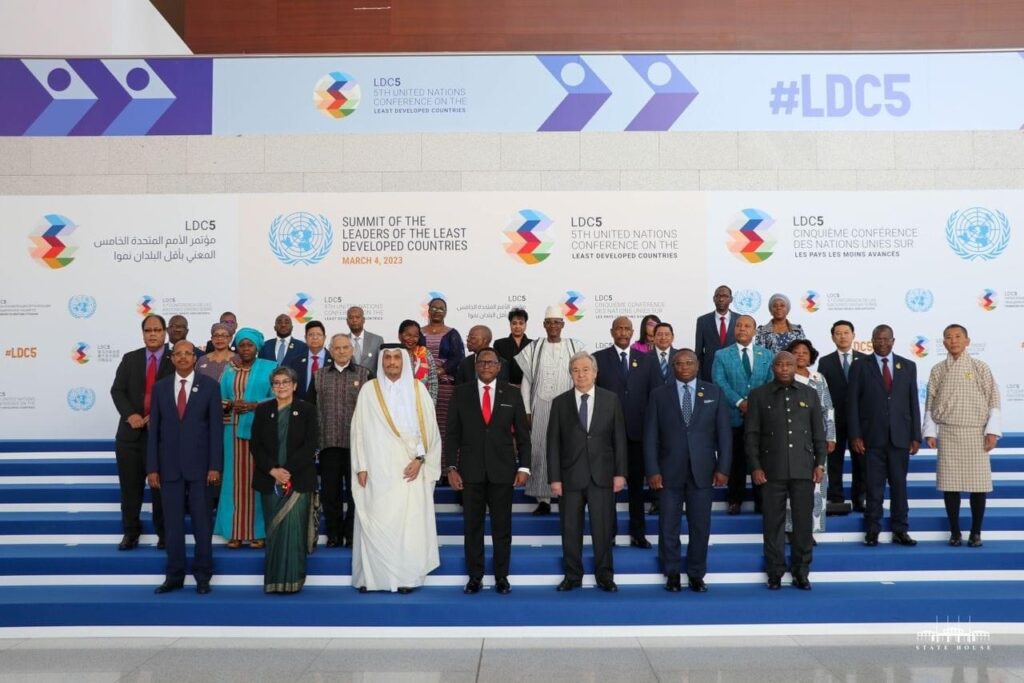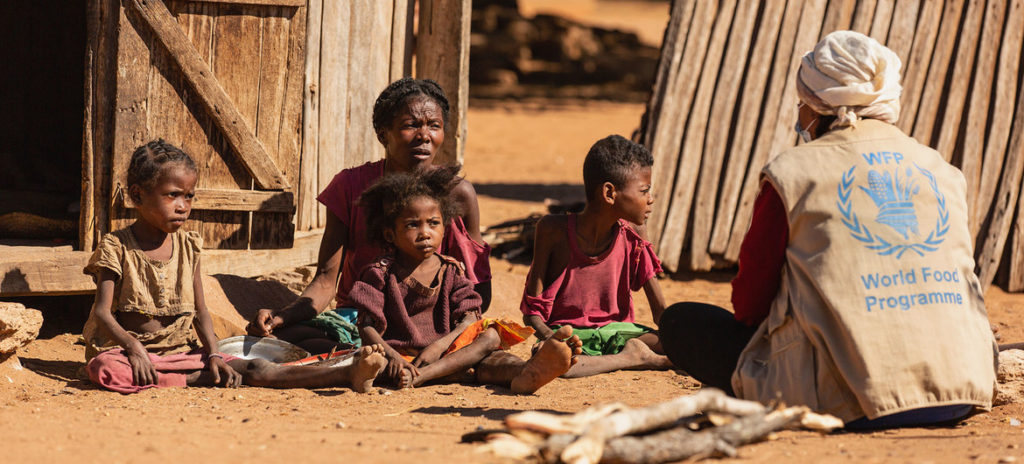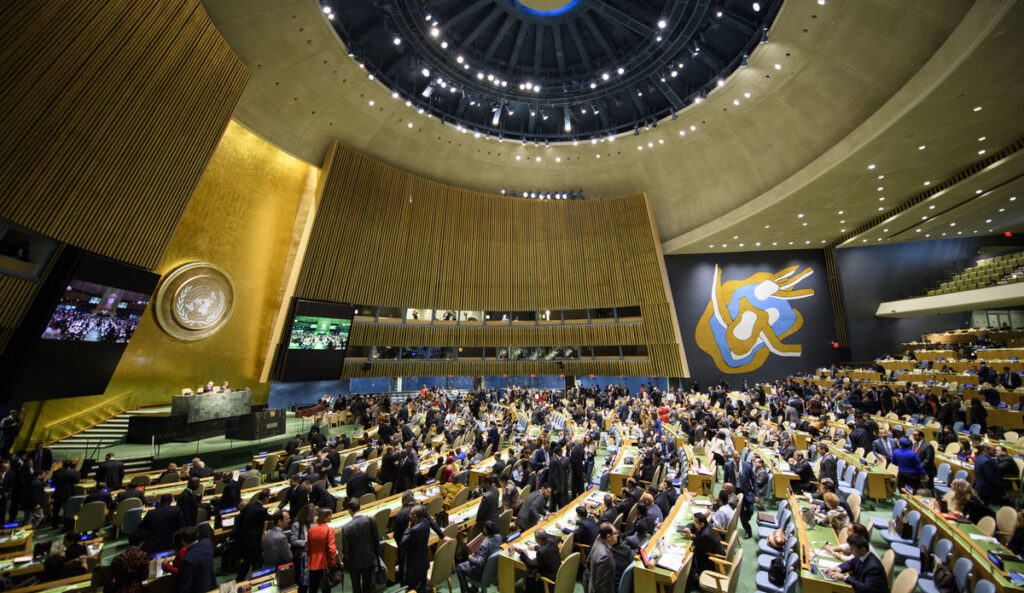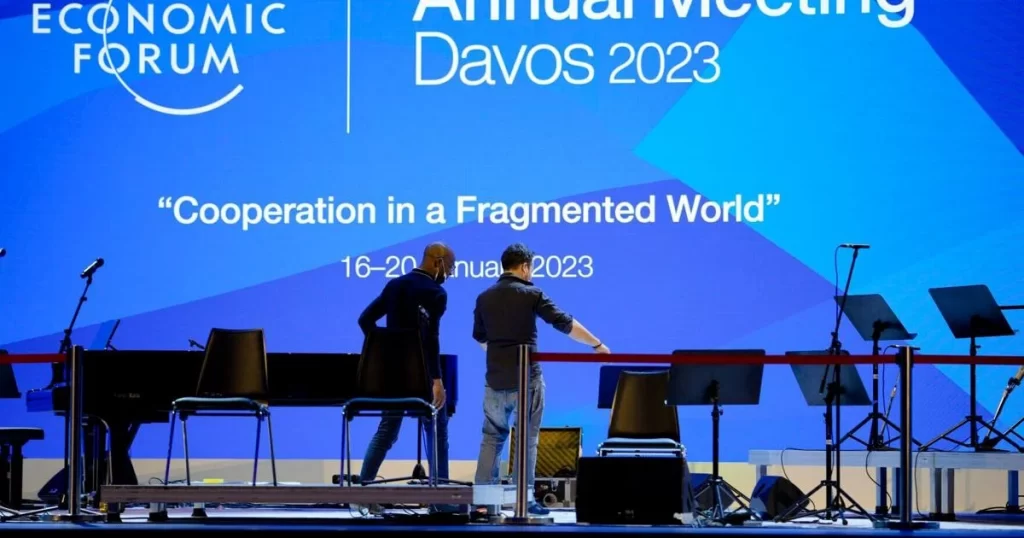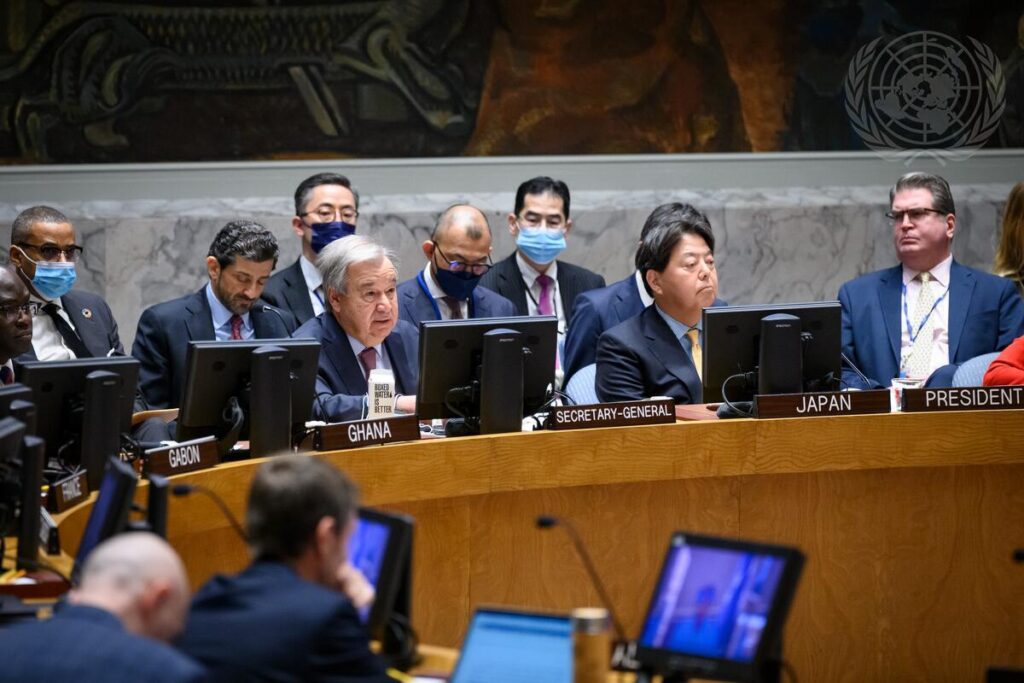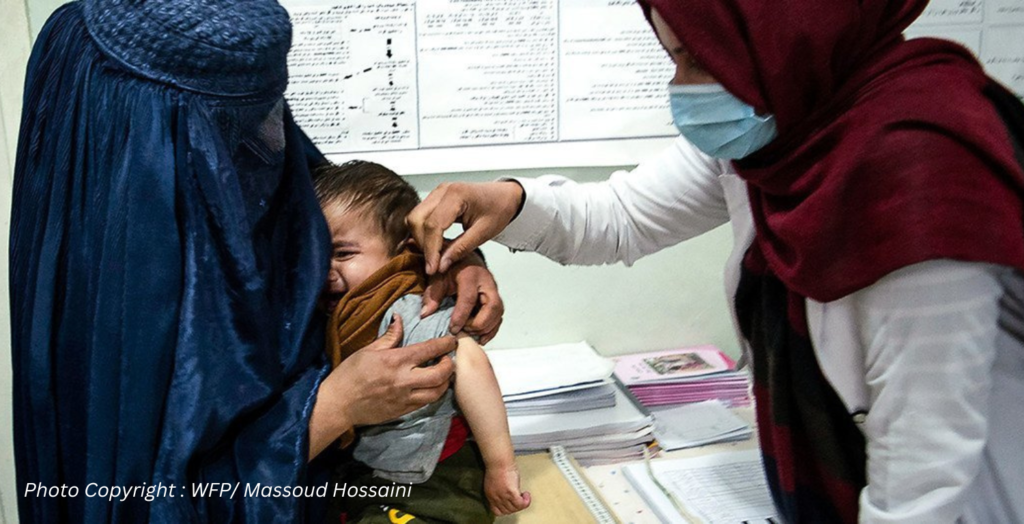NEWS FEATURE: Governments, business and survivors call for tech solutions to tackle violence against women
New York, March 13 – Technology is a double-edged sword and more solutions are needed to address violence and harassment against women in the digital age, the United Nations heard in a conversation led by the President of the General Assembly on harnessing technology’s potential to end gender-based violence.
The event – organized on International Women’s Day March 8 – heard from women from around the world who described being targets of online harassment and abuse. Business leaders and advocates also described digital innovations to keep women and girls safe, and local leaders who highlighted support for survivors of gender-based violence.
The event took place during the annual meeting of the Commission on the Status of Women at UN headquarters in New York from March 6 to 17.
“Violence is a crime, online and offline. And violence against women is a global epidemic,” Csaba Kőrösi, the President of the General Assembly, said.
“Transformation will happen anyway, but we have an opportunity to guide it, to make it sustainable and just, within societies, within groups and with gender equality at its center.”
The discussion on “the role of technology in addressing violence against women and girls” was held on the sidelines of the Commission on the Status of Women, the key intergovernmental body dedicated to the promotion of gender equality and empowerment of women, whose priority theme this year is on innovation and technology.
UN Women Executive Director Sima Sami Bahous noted that technology and innovation could close the gaps in reaching full equality for women much faster than the 286 years expected.
But she added that artificial intelligence that is driving much of today’s innovation is developed by men, “and women find themselves in the middle with no skills to design them, to develop them”.
“Even when they go into STEM, most of them will fail, not because of their aptitude, but because they have been conditioned to think this is not their space,” Ms. Bahous told the audience.
Participants also heard personal stories from senior officials in the Pacific and the Middle East of targeted social media campaigns harassing them for having high-level positions in Government.
According to a study released by UN Women and the Interparliamentary Union (IPU), only around 11.3 per cent of countries have women Heads of State and 9.8 per cent have women Heads of Government.
While the number of parliamentarians is higher than ever before, there are wide global disparities with European Nordic countries on one side of the scale and rankings in the Middle East and North Africa region at the other.
“If I had been in my country during that time, I would have been afraid of stepping outside my house,” one woman Ambassador said, noting that she had been targeted at least three times in such a campaign.
Another senior official said it took her months to recover from cyberbullying, during a time when some people committed suicide.
One of the main topics of discussion was domestic violence and support for survivors.
According to figures cited during the conversation, one woman is killed by a family member every 11 minutes, and one in three will experience violence in her lifetime.
Violence against women is often linked to stalking, according to Commissioner Cecile Noelfrom the Mayor’s Office to End Domestic Violence and Gender-Based Violence (ENDGBV), who also participated in the conversation at the UN.
Commissioner Noel shared that her Office, in partnership with Cornell University and New York University’s Clinic to End Tech Abuse (CETA), launched an app that can tell when malware has been installed on the woman’s or her children’s phone, to limit stalking.
This innovation is being offered at New York City’s Family Justice Centers, established to support survivors and their children in New York’s five boroughs. President Kőrösi visited the Manhattan Center in late 2022, describing it as a place that made his “soul fly” to see the work done.
The conversation included Ministers and other senior Government officials who highlighted national support to survivors, including through toll free numbers.
“We cannot let women to fight alone, we cannot leave the victims to fight alone,” said Jeannette Bayisenge, Minister on Gender and Family Promotion in Rwanda.
Participating in the conversation were several representatives from the business sector.
Among them Patricia Georgiou, Director of Policy, Partnerships and Business Development at Google’s Jigsaw, who spoke about the harassment experienced by women journalists and activists.
“For every voice we hear, there are countless others who have been erased, ultimately driving women off the internet. This leaves us all poorer economically, politically and culturally,” Ms. Georgiou noted.
She discussed the work that Google is doing to update its policies and algorithms to exclude revenge pornography, hate speech and violence – as well as the decision to publicly share its algorithms, and partnership with academia to fight misogyny. She also highlighted that half of their engineers were women.
Also on the technology side was Sara Wahedi who following a suicide explosion near her home in Kabul, created Ehtesab, a digital app that provides real-time emergency information to residents in Afghanistan.
She shared a message from Sahar, a female engineer who is still in Afghanistan where the Taliban has forbidden millions of female students from attending secondary schools and universities, or working outside of the home.
“She has no space to breath. She has the fundamental right, as I do, to pursue her education. So please do remember Sahab today,” Ms. Wahedi said, sharing the message with the room.
President Kőrösi asked Sara to relay a message back to Sahar: “We are with you.”
United Nations correspondent journalists – United Nations correspondent journalists – United Nations correspondent journalists – United Nations journalism articles – United Nations journalism articles – United Nations journalism articles – United Nations News – United Nations News – United Nations News


